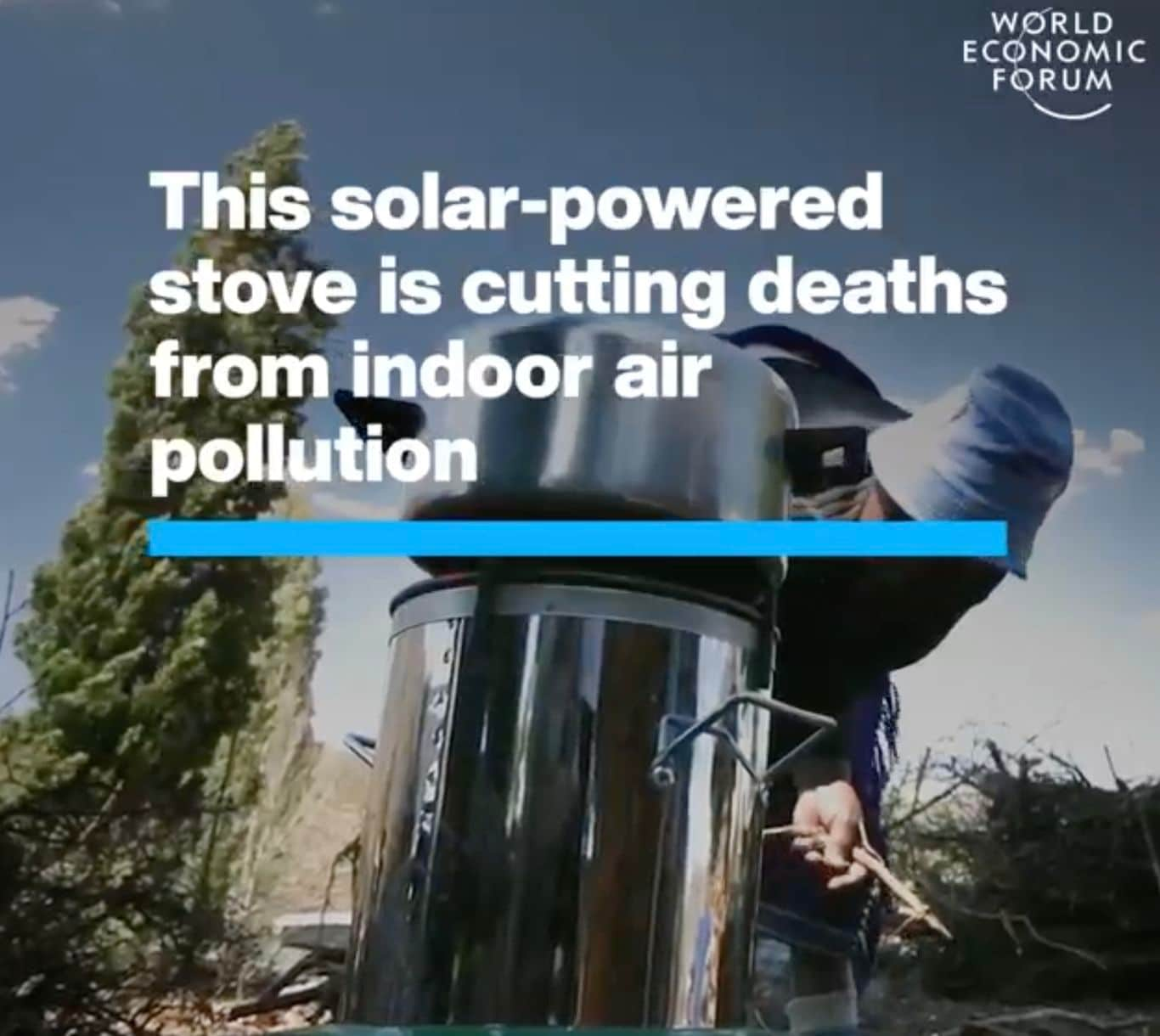A rising urgency of accelerated climate action.
The green transition, driven by a rising urgency of accelerated climate action, is a transformative shift to a new economic system that encompasses a wide range of actions, including transitioning away from fossil fuels, greening key industries, and advancing innovations in agriculture and the circular economy.


